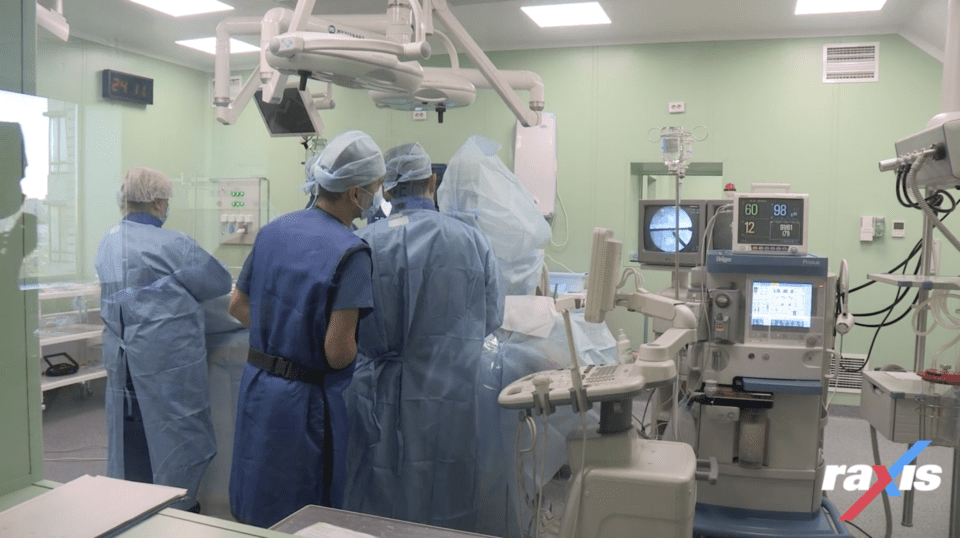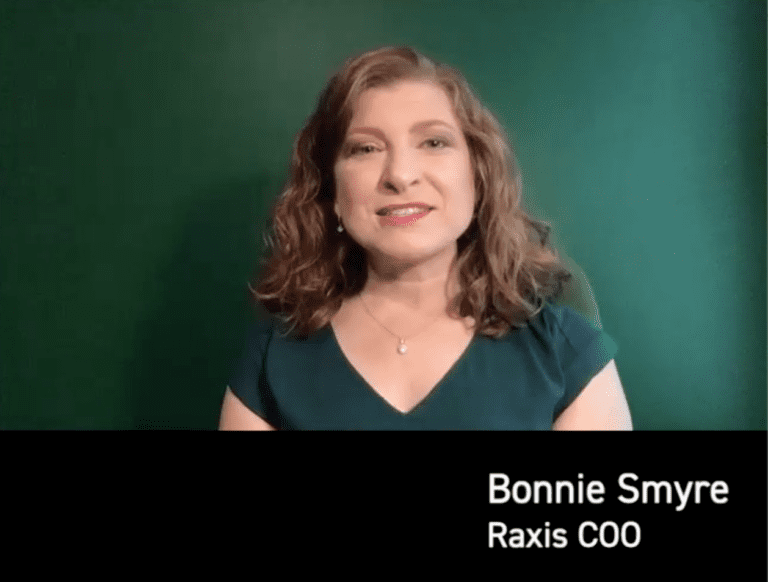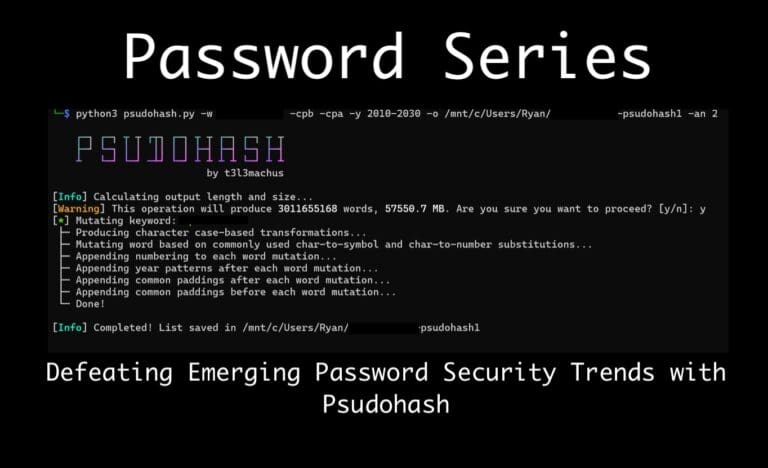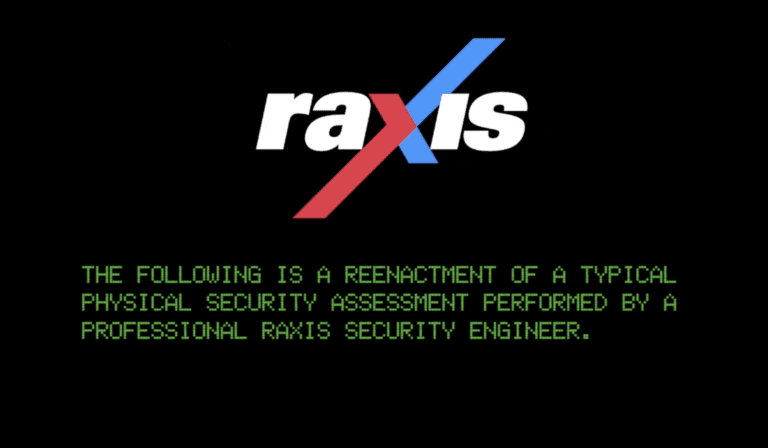Why We Always Harp on Healthcare
Over the years, we’ve posted several times about the need for pentesting and a focus on security in the healthcare industry. Healthcare security may start with HIPAA regulations, but, in the end, it all comes down to protecting patients and the healthcare workers – from doctors to nurses to insurance offices, administrative staff, and everyone else who gives their all so that you and your family members are safe to focus on healing.
Getting Better, But There’s More to Do
Years ago, when I was still on the pentest team at Raxis, I recall walking through hospital patient floors during physical social engineering engagements. I’d put on the scrubs that I bought at Walmart, and even though they often didn’t match the scrubs the other nurses and doctors wore, I never got stopped while wearing them.
I took papers off printers (to photograph for my report and return) and sat down at computer workstations to learn the software available since the systems weren’t locked. I walked through all levels of the hospital that were in scope for the test, using elevators and stairwells without finding a locked door and without being questioned.
In this short video, Raxis CEO Mark Puckett speaks about healthcare pentests he’s performed in the past and how the vulnerabilities we find concern us all.
More recently we’ve found hospitals more likely to automatically lock workstations, but with the shortage of healthcare workers and no short-supply of emergency situations, we want to give the healthcare industry every possible advantage to stay secure.
STILL MORE TO DO
Just as hackers are constantly changing and discovering new ways to attack, Raxis also changes in order to keep our customers secure in this ever-changing environment. We offer several options for the healthcare industry, and we created our newest option, PTaaS (Penetration Testing as a Service), in order to help our customers who have their eye on the strongest security possible today.






